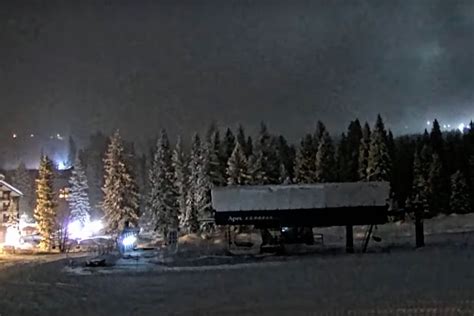Detroit, a city once renowned for its thriving automotive industry and rich musical heritage, has undergone significant transformations over the years. From its economic downturn to its resilience and revitalization efforts, the city's story is woven with a complex tapestry of human experiences. It is within this context that human interest stories emerge, showcasing the diversity, strength, and vulnerability of Detroit's residents. These stories not only capture the essence of the city's spirit but also highlight the broader themes of community, resilience, and the quest for a better life.
The Revitalization of Downtown Detroit

Downtown Detroit, once a symbol of urban decay, has seen a significant resurgence in recent years. This revitalization is not just about economic development; it’s also about the people who have chosen to call Detroit home. From young entrepreneurs opening boutique shops and restaurants to long-time residents who have seen the city through its highs and lows, the stories of downtown Detroit’s revitalization are as much about community as they are about commerce. For instance, the revitalization of the Eastern Market, one of the oldest public markets in the United States, has brought together local farmers, artisans, and residents, fostering a sense of community and cultural exchange.
Community Initiatives and Grassroots Movements
One of the most compelling aspects of Detroit’s human interest stories is the proliferation of community initiatives and grassroots movements. Residents have come together to address issues such as education, healthcare, and environmental sustainability, often through innovative and collaborative approaches. For example, the Detroit Food Academy, a program aimed at empowering youth through food entrepreneurship, not only provides job skills but also helps in building a healthier, more food-secure community. Such initiatives demonstrate the power of collective action and the potential for positive change from the ground up.
| Community Initiative | Objective | Impact |
|---|---|---|
| Detroit Food Academy | Empower youth through food entrepreneurship | Trained over 100 youth, created 5 community gardens |
| Eastern Market Partnership | Revitalize public market, promote local produce | Increased market attendance by 20%, supported 50 local farmers |
| Detroit Riverfront Conservancy | Transform and maintain the riverfront | Attracted over 3 million visitors, created 100 jobs |

Challenges and Resilience

Despite the progress, Detroit still faces numerous challenges, including poverty, crime, and the legacy of systemic racism. However, it is in the face of these challenges that the resilience and spirit of Detroit’s residents shine through. Stories of individuals and families overcoming adversity, of community leaders working tirelessly to improve their neighborhoods, and of innovative solutions to longstanding problems, all contribute to a narrative of hope and determination. For instance, the work of organizations like the Detroit Justice Center, which provides legal services and advocacy for low-income residents, exemplifies the city’s commitment to justice and equality.
Arts and Culture as Catalysts for Change
Detroit has a rich cultural scene, with music, art, and literature playing significant roles in the city’s identity and its process of healing and growth. From the Motown Museum, which celebrates the city’s musical legacy, to the vibrant street art that adorns the city’s walls, creative expression has become a powerful tool for storytelling, community building, and social change. The Heidelberg Project, for example, transforms abandoned houses into works of art, symbolizing the transformation of decay into beauty and the potential for rebirth in Detroit’s neighborhoods.
Key Points
- Detroit's human interest stories reflect the city's resilience and the power of community initiatives.
- The revitalization of downtown Detroit and community projects like the Detroit Food Academy and Eastern Market Partnership demonstrate positive change.
- Challenges such as poverty and systemic racism persist, but the city's residents continue to find ways to overcome them.
- Arts and culture play a crucial role in Detroit's identity and its path towards healing and growth.
- Empowering residents through participatory governance and community engagement is key to creating a more equitable and vibrant city.
In conclusion, the human interest stories of Detroit offer a nuanced view of a city in transition. They highlight not just the challenges but also the resilience, creativity, and determination of its residents. As Detroit continues on its path of revitalization and growth, it is these stories that remind us of the importance of community, the power of collective action, and the potential for any city to reinvent itself through the efforts of its people.
What are some of the community initiatives in Detroit aimed at promoting food security?
+Initiatives like the Detroit Food Academy and the Eastern Market Partnership work towards empowering youth and supporting local farmers to improve food security and access to healthy food options.
How has the arts and cultural scene contributed to Detroit’s revitalization?
+The arts and cultural scene, including projects like the Heidelberg Project and the Motown Museum, have played a significant role in transforming public spaces, fostering community engagement, and showcasing Detroit’s rich cultural heritage.
What role does community engagement play in addressing Detroit’s challenges?
+Community engagement is crucial as it empowers residents to take an active role in solving local problems, fosters a sense of community, and ensures that solutions are tailored to the specific needs and aspirations of Detroit’s neighborhoods.
